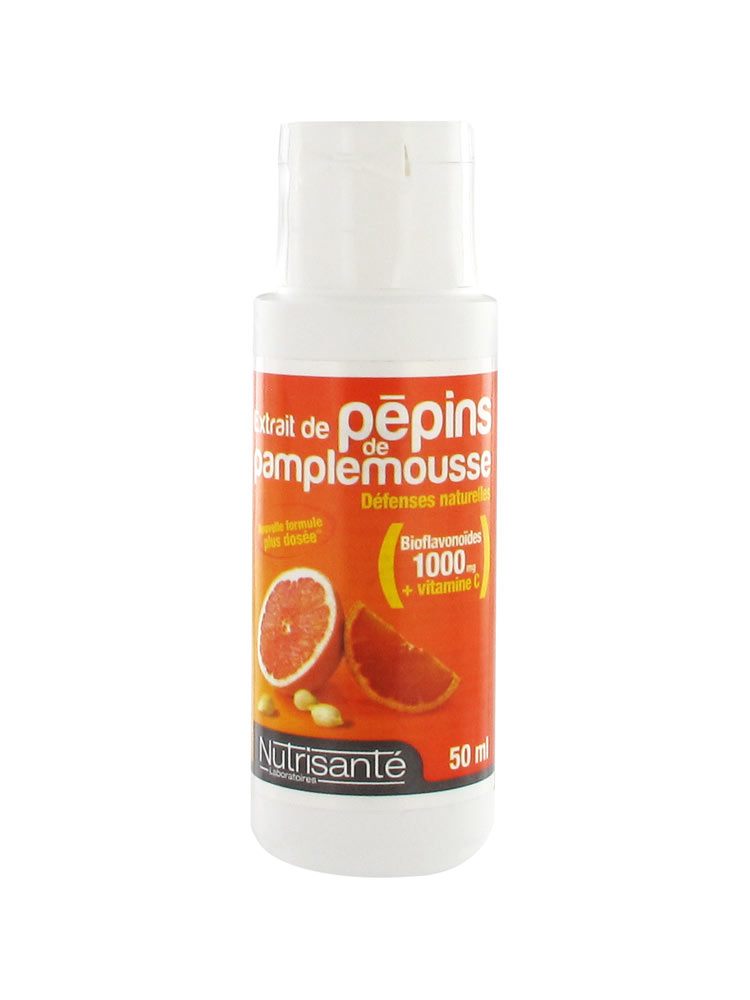

If a veterinarian isn’t available, replace lost fluids and keep your pet hydrated until you can get them to a healthcare professional. In these cases, take your pet to a veterinarian immediately. Vomiting and diarrhea are tell-tale signs that a pet has ingested grapes or raisins. Let children and visitors know that grapes and raisins are off-limits for pets, lest they be inclined to sneak the dog or cat a treat.Hungry dogs can be extraordinarily resourceful. Instead of storing raisins and grapes in refrigerator bags, use a sturdy set of glass tupperware.

Here are two simple solutions to keep your pet away from grapes and raisins. Natural pet food stores already sell grapeseed oil as an anti-allergenic, anti-inflammatory treatment for both cats and dogs, and have been doing so for a long time. ASPCA has the hard data, and the hard data says grapeseed oil is safe for pets. “We have no data indicating risks from exposure to grapeseed extract or oil.” ¹ĪSPCA’s poison control center keeps the most “extensive collection of individual cases-over 3 million-involving pesticide, drug, plant, metal and other exposures,” of any organization in the United States.

Here’s what they have to say about grapeseed oil: On the organization’s nation-wide poison control hotline, veterinary toxicologists stay on call 24/7 to respond to poison-related emergencies. Experts Agree: Grapeseed Oil is Safe for Petsįirst, let’s ask the #1 source of information for all things relating to pet safety, the non-profit American Society for the Prevention of Cruelty to Animals (ASPCA). The answer is, “Yes!” Grapeseed oil is safe for pets, for dogs, cats, ferrets, pot-bellied pigs and all of our furry, whiskered or hooved friends. The common question goes like this, “Your pet tincture contains grapeseed oil. Recently, we’ve heard from a lot of customers concerned about the safety of grapeseed oil, a natural antioxidant that we add to our Pet Tincture.


 0 kommentar(er)
0 kommentar(er)
